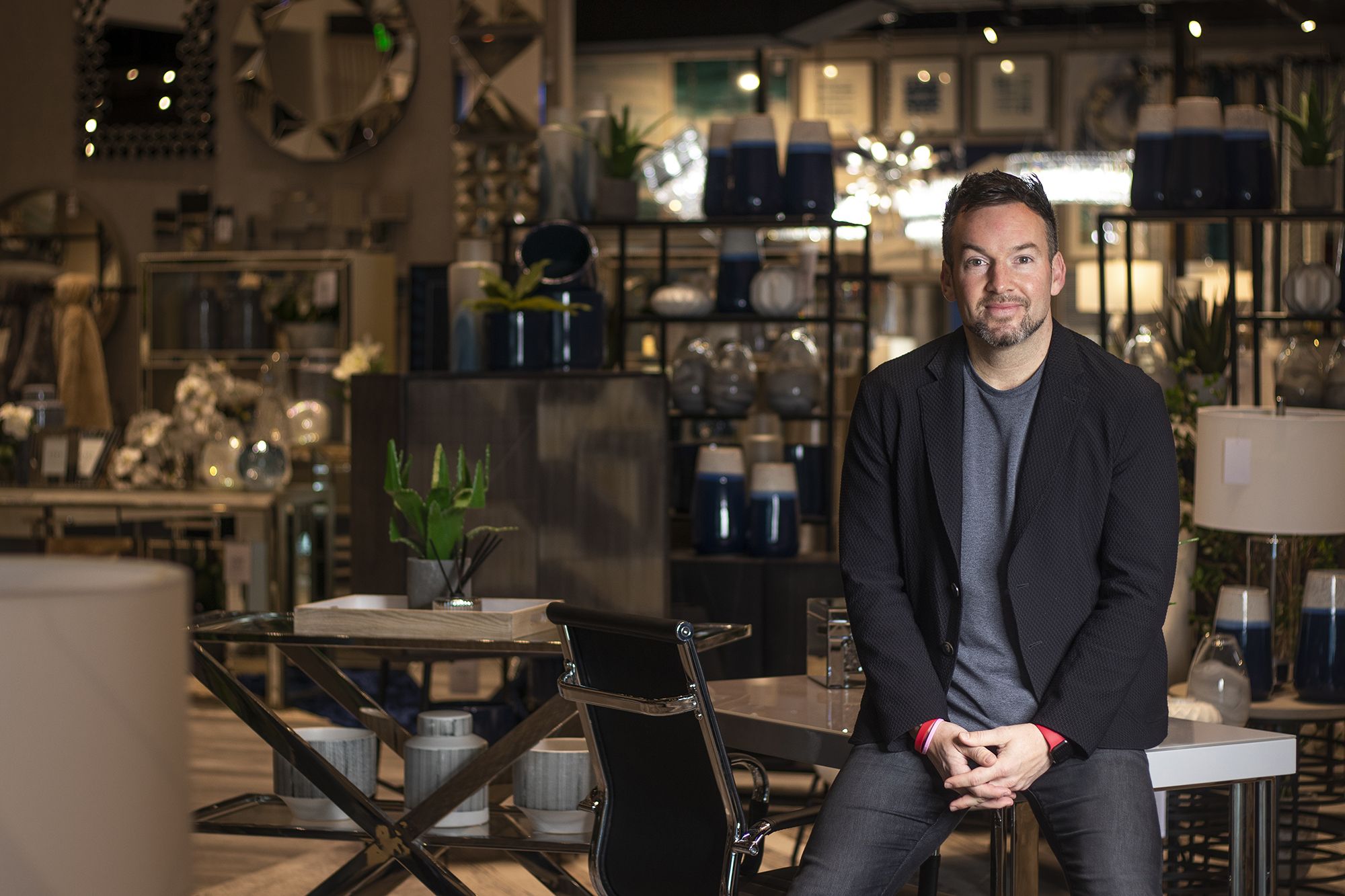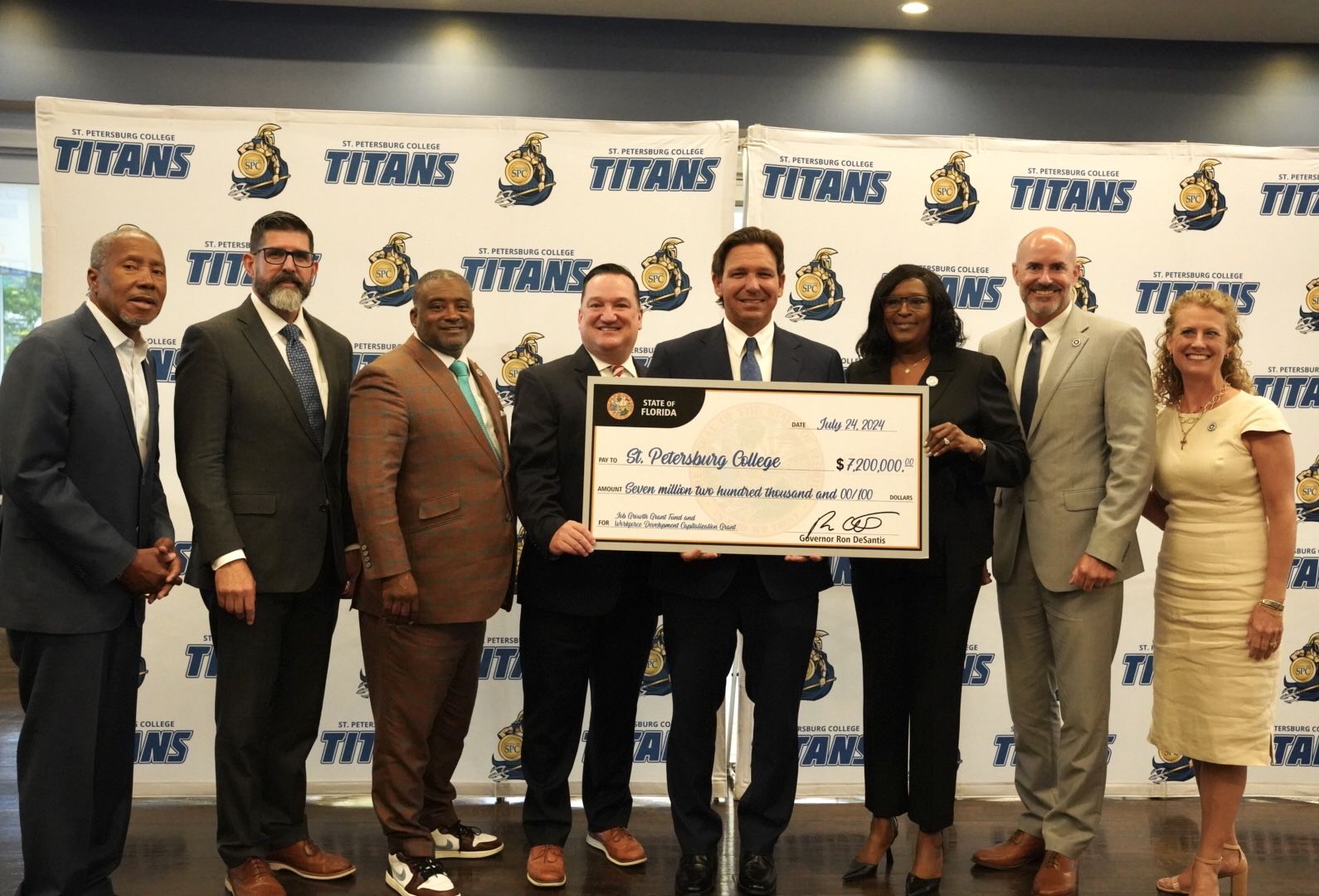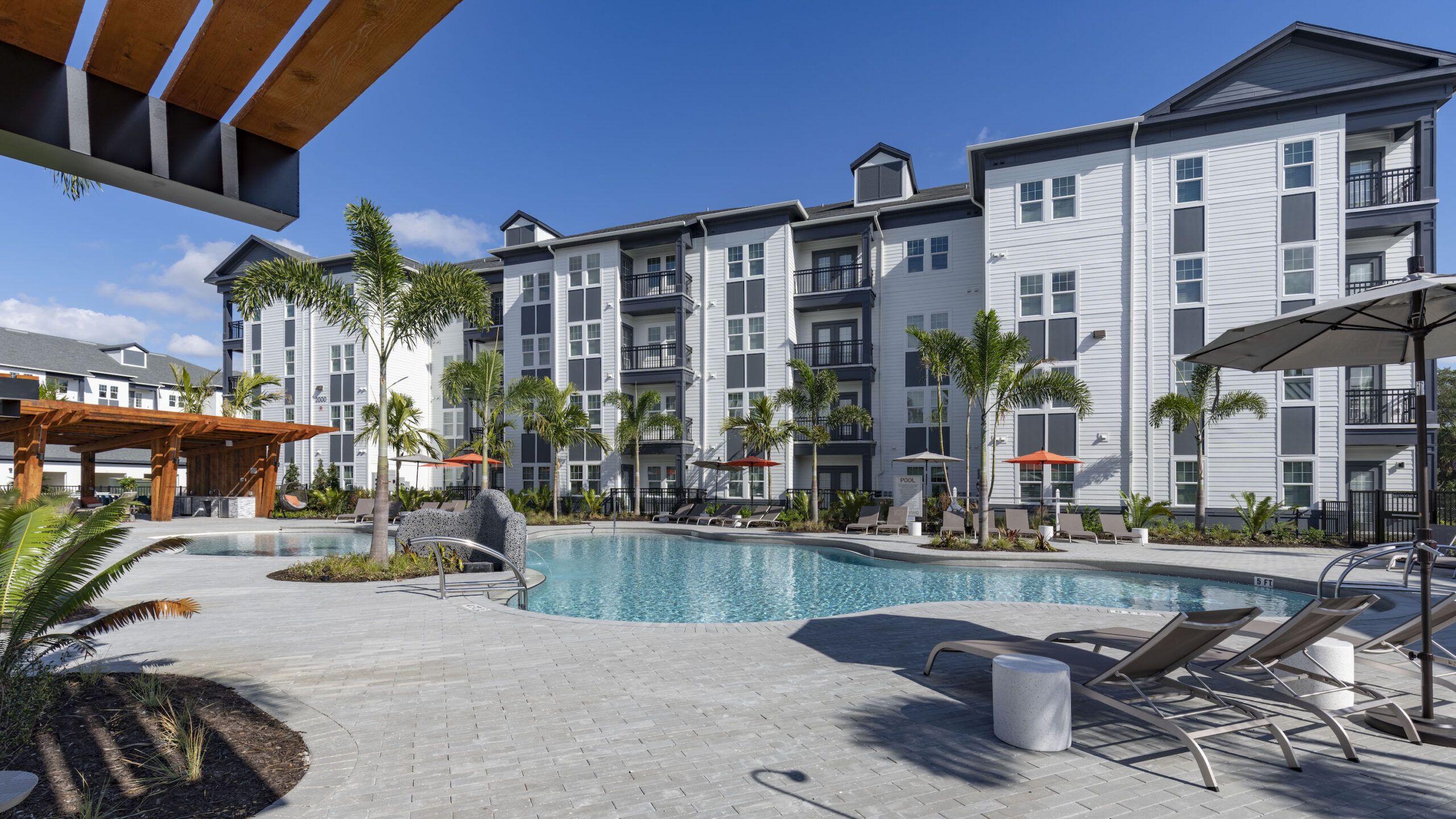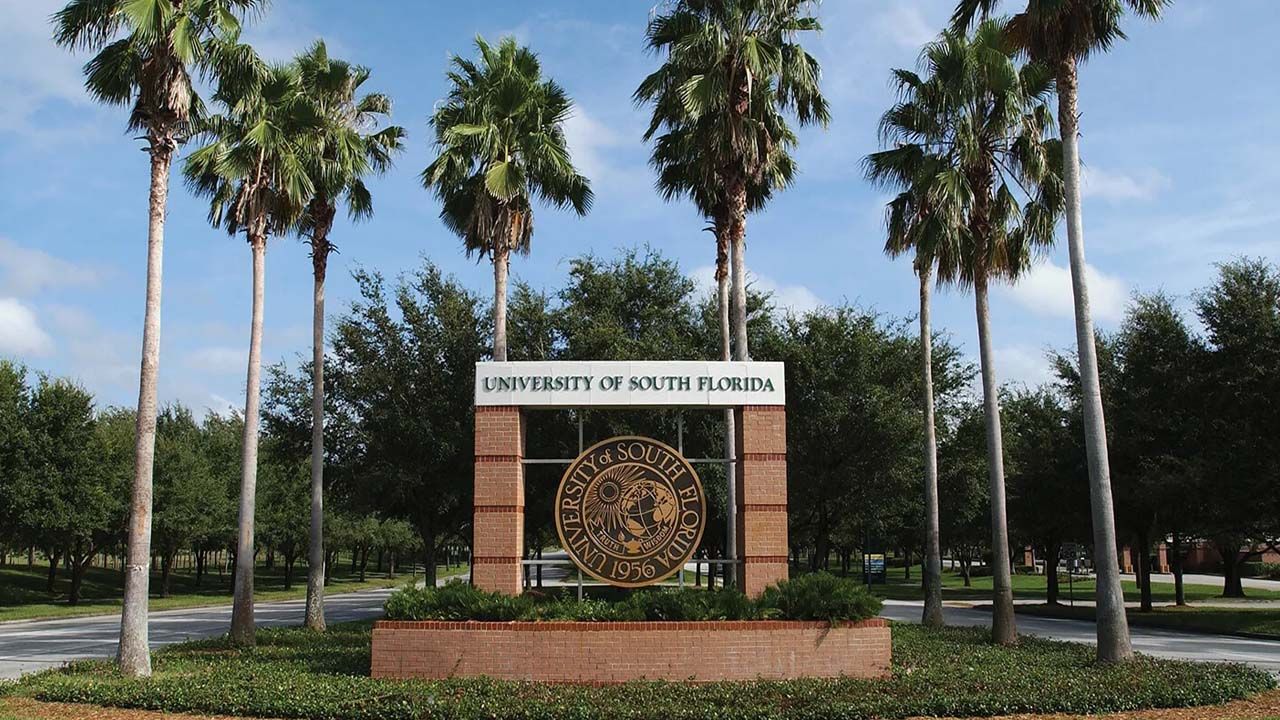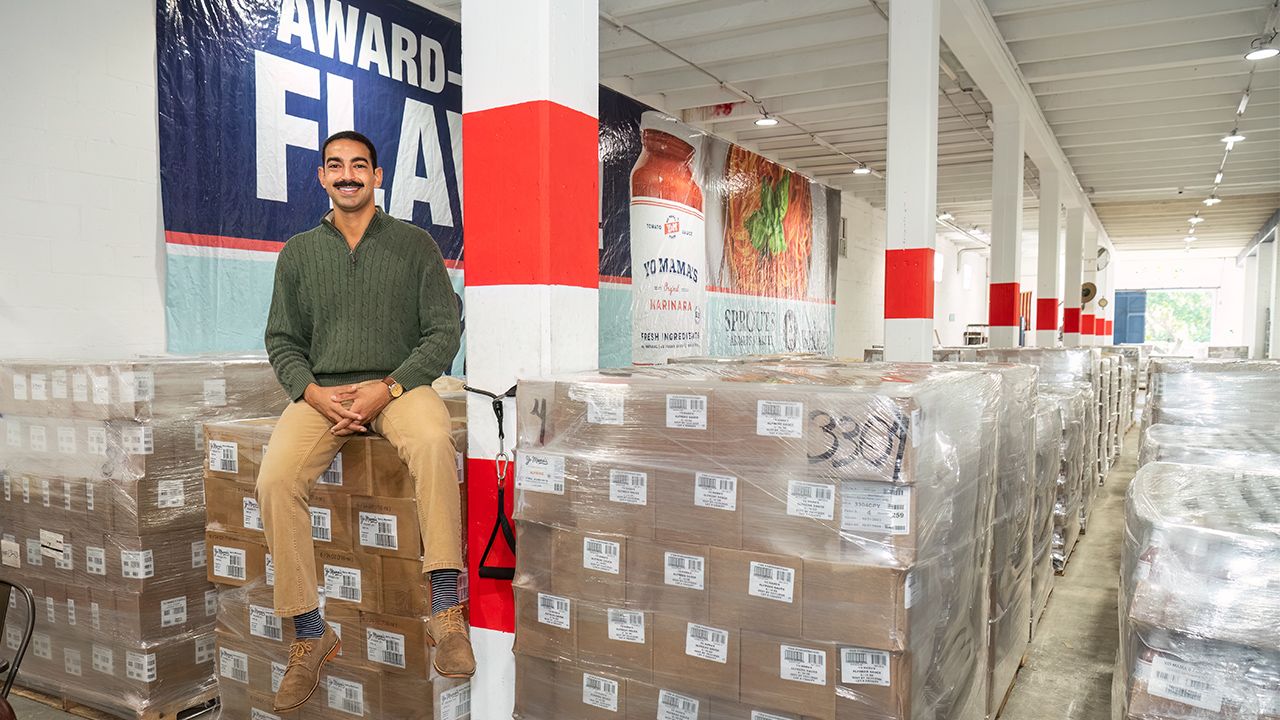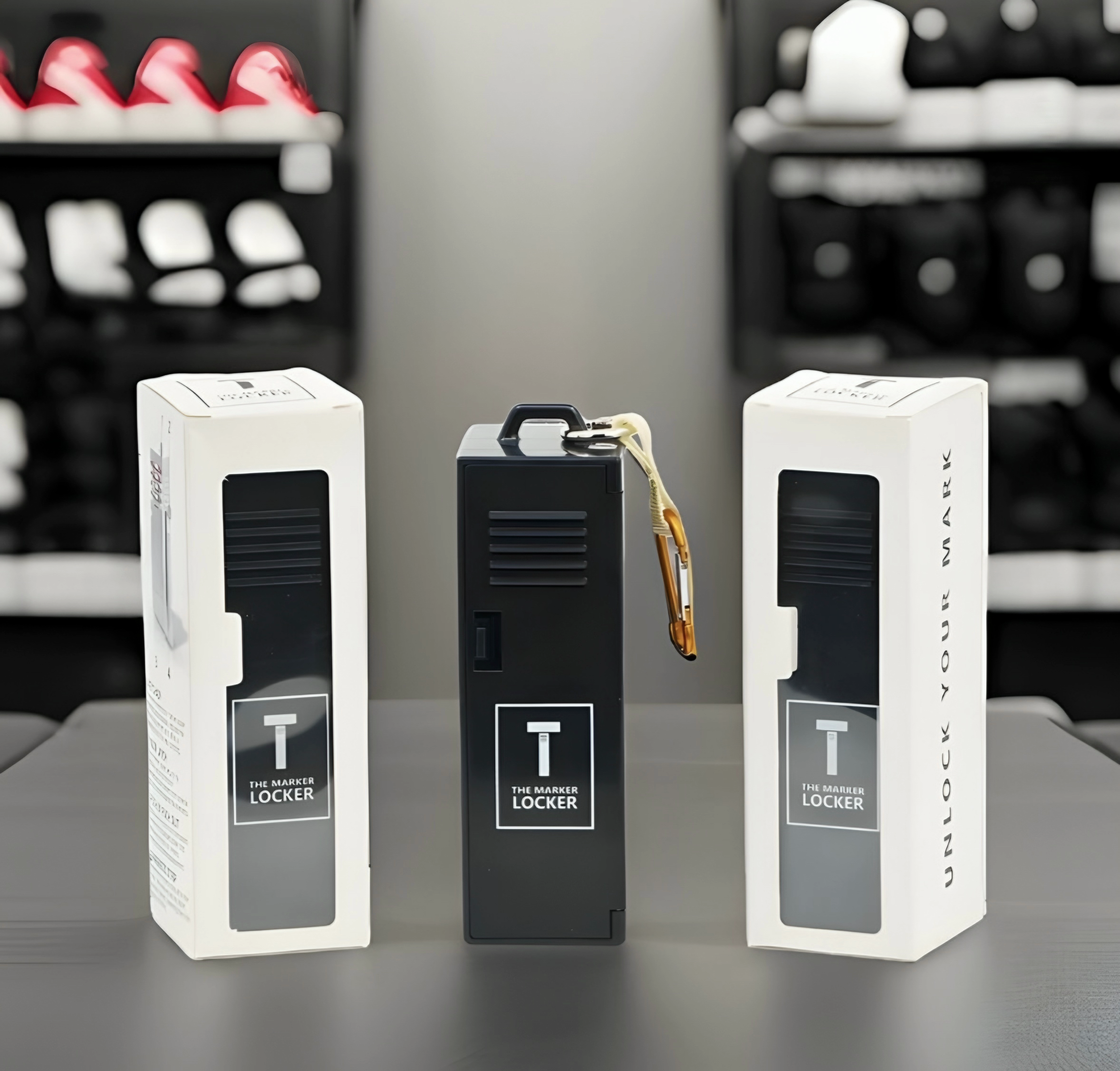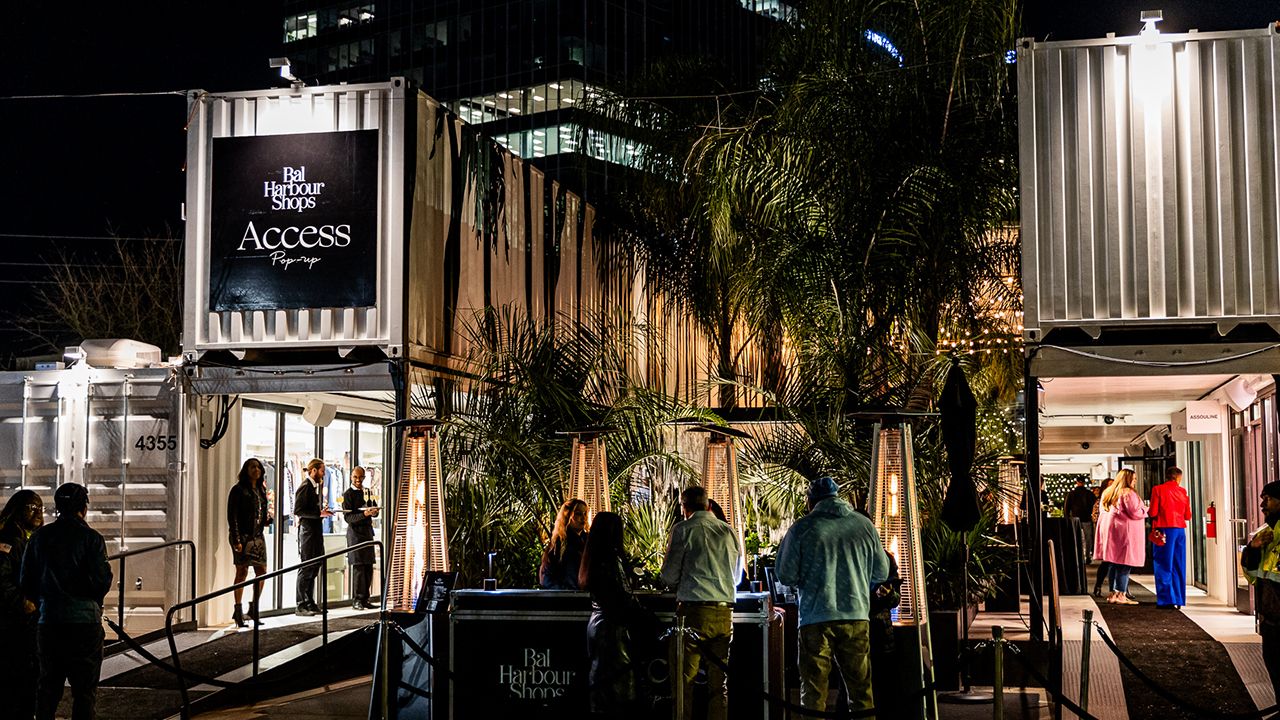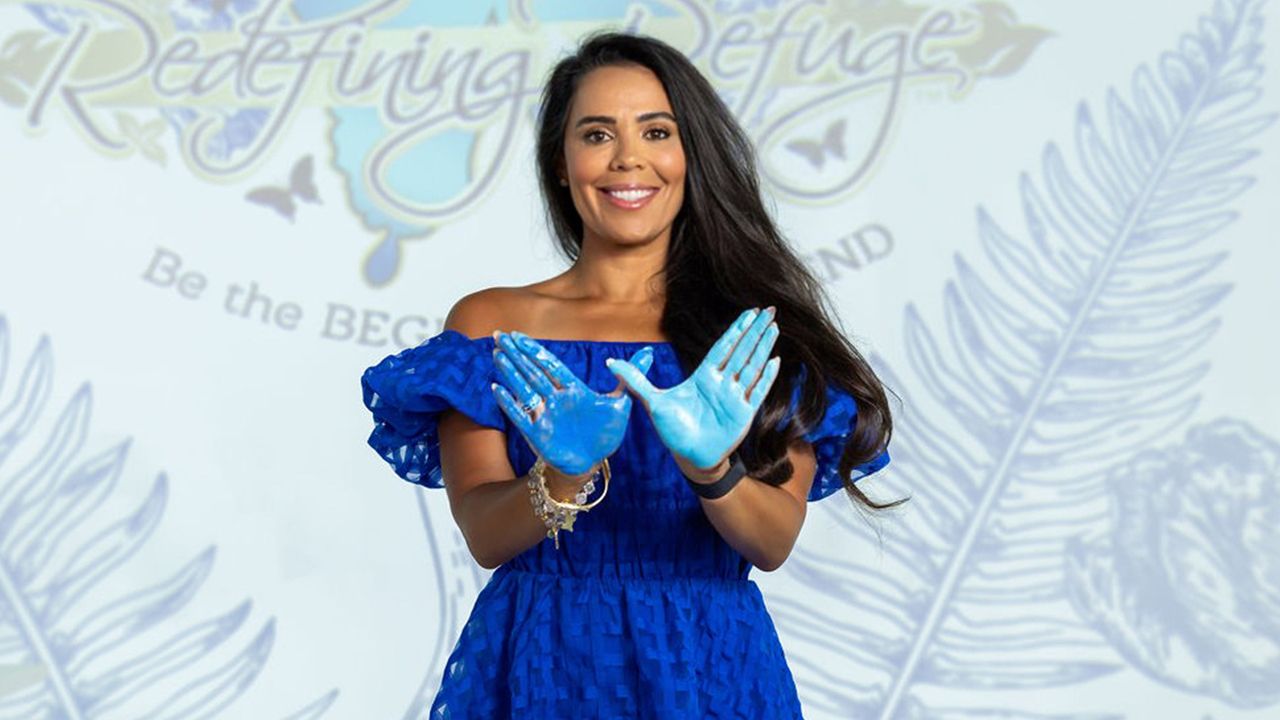Andrew Koenig’s thirst for knowledge is palpable. While still in college, the CEO of the thriving, and ubiquitous, City Furniture, which is based in Fort Lauderdale and operates nearly two dozen Florida showrooms, traveled more than halfway across the world to learn about excellence in production from the best: Toyota.
Hungry luxury companies (such as Toyota’s Lexus division, not incidentally) seek to emulate Ritz-Carlton, a company renowned for its service. And savvy businesses like City Furniture, in this case, represented by a precocious Koenig, fly to Toyota City, Japan, to see what can be absorbed about so-called lean production.
“I read a book called The Machine That Changed the World, and it highlights the differences between Toyota and the other automobile manufacturers,” Andrew recalls. “This was about 20 years ago, and I kept reading more, and more, about Toyota and researching what a phenomenal organization they were, so during a spring break, when I was in college, I asked my father if he could get me a tour of Toyota City.”
His father is Keith Koenig, the chairman of City Furniture, who co-founded the business with his late brother, Kevin, and has a strong network of connections, to say the least. The elder Koenig knew Jim Moran, who was considered the most important American to make Toyota so surpassingly successful in America, starting the late 1960s. To Andrew, the Toyota City experience was nothing short of revelatory: “I got to see that everything I’d read was real,” he says. “It changed my life.”
Armed with a bachelor’s degree, from Elon University and an MBA from Nova Southeastern University, and steeped in Toyota philosophy, Andrew worked his way up at City Furniture. His posts have included director of operations, vice president of operations and marketing, chief operations officer, and—just prior to advancing to the CEO perch, in January 2022—president. He applied and adapted his learnings from Toyota—based on the efficiency, and quality values, that animate lean production—so thoroughly that City Furniture has its own philosophy: CFOS, or City Furniture Operating System.
When Andrew’s father seemed initially skeptical, Andrew proved persuasive. Even as a college student, he saw that the company’s management style was, traditionally, American: “The smartest people are the leaders at the top and the ivory tower knows what to do best. At Toyota, everyone is trusted and respected; they work really hard to have a culture where everyone can bring their brainpower to improve the business.” It’s a culture in which young associates, and leaders, are handed considerable authority.
With the onset of the economic crisis that began in 2007, Andrew says that Keith became more receptive to lean principles. That’s when Andrew sought out Jeffrey Liker, author of The Toyota Way, and told him that City Furniture wanted to go all in on lean methods. One Liker-referred consulting firm later and the business was on its Eastern way.
Kaizen, the Japanese concept of continuous improvement, which is central to Toyota’s culture, is equally key to City Furniture. “You need to have strong mutual respect among all the associates, so they feel no fear in offering ideas and highlighting problems,” Andrew explains. “Every day, we are pulling problems out of our associates, and leaders, working together to solve them.”
It’s not uncommon for City Furniture to assign five, or 10, team members to work out a specific problem in a set period of time—Andrew refers to the huddle, itself, as kaizen. “We free them up and give them a tremendous amount of autonomy,” he says. One such example: “We had starting-salary receiving associates in the room with management, using kaizen facilitation and cross-functional departments, and, at some point, we brought in some of our C-suite, and, together, they mapped the current state of product flow out of the building.”
The result: The group reduced the square footage of the warehouse by more than 75% and cut lead time—products flowing in and out of the building—by more than 90%. That wasn’t all in terms of improvements in efficiency; for one shift, the management headcount shrunk from nine to one. “It was a multimillion-dollar impact for our business,” Andrew says.
For strategic planning purposes, Andrew, unsurprisingly, has a catchphrase: Bottom Up, Top Down, Closed Loop. “We trying to get everyone in the entire company to participate in our strategic planning processes, give us their ideas and share that with the senior team, who then share that with me. What I learned from Toyota is they get everyone engaged in improving their business.”
Andrew relishes telling one particular kaizen-related story. After a certain point, having integrated lessons from Toyota City, he asked a Toyota expert, how do I know if I’m doing lean?
“And he looked at me, with a confused expression, and he asked, ‘How’s your safety?’ And I said, ‘There’s about 75% less spent in worker’s comp.’ He asked, ‘How’s your quality?’ I told him we had 50% fewer issues. He asked, ‘How’s your customer satisfaction?’ I told him we were approaching 96% customer satisfaction, much better than ever. Then he asked, ‘How’s your financial performance?’ I told him that sales were great—our profitability has never been better. And he looked at me like I was an idiot, and said, ‘You’re doing it,’ and he ran away.”
WHAT’S HAPPENING IN TAMPA?
City Furniture is set to open its 1.3 million square foot showroom, and warehouse, in Plant City, in the next few months. The warehouse will be open in August, while the showroom is expected to be open in November, Koenig says.
“Tampa is one of the hottest markets in the country. We have the market down here in South Florida well executed and [Tampa] is just a natural move north for us,” Koenig says. We love Tampa. It’s just a thriving, growing market and there’s a lot of growth there.”
Other locations City Furniture is eyeing include, Sarasota, Largo and Wesley Chapel.
“There are a lot of folks moving there and there’s a lot of need for home furnishings,” he says. “It is also helpful that there’s a port in Tampa that allows us to diversify some of our supply chain. This allows us to have two ports of access [in Florida].”
By Jo-Lynn Brown



